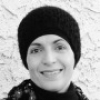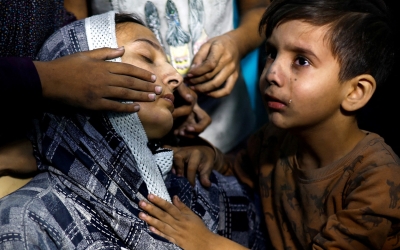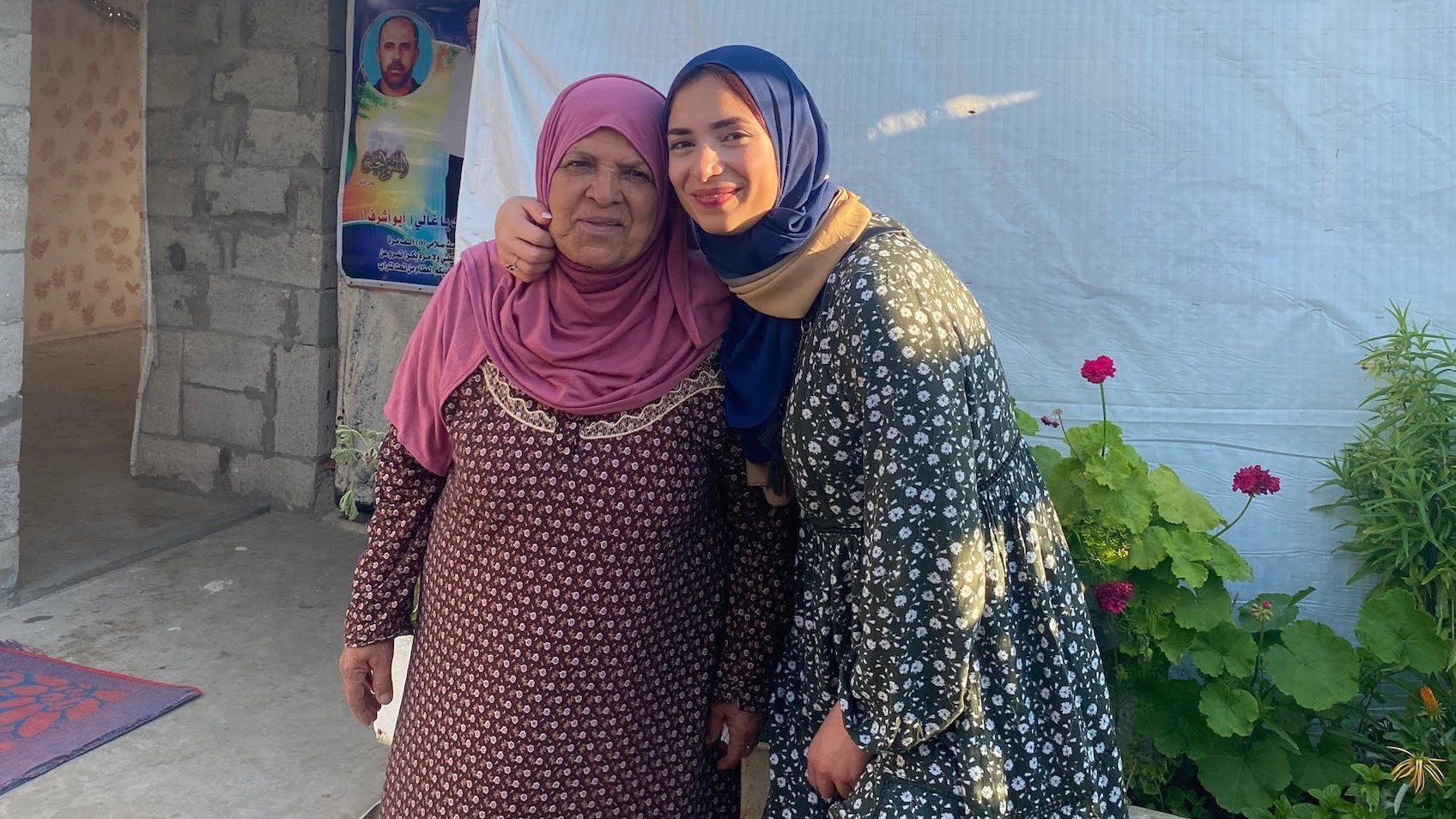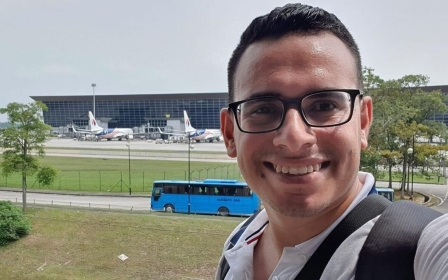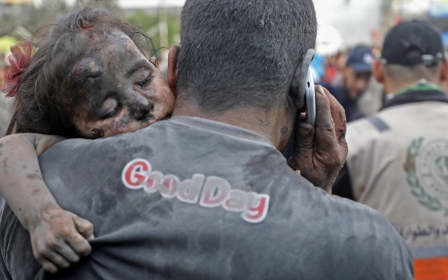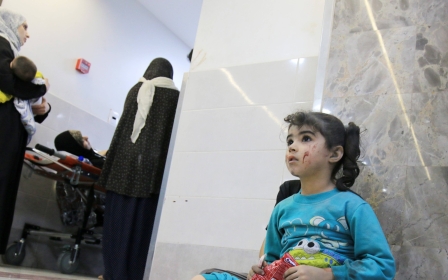War on Gaza: If we must die, our stories must live
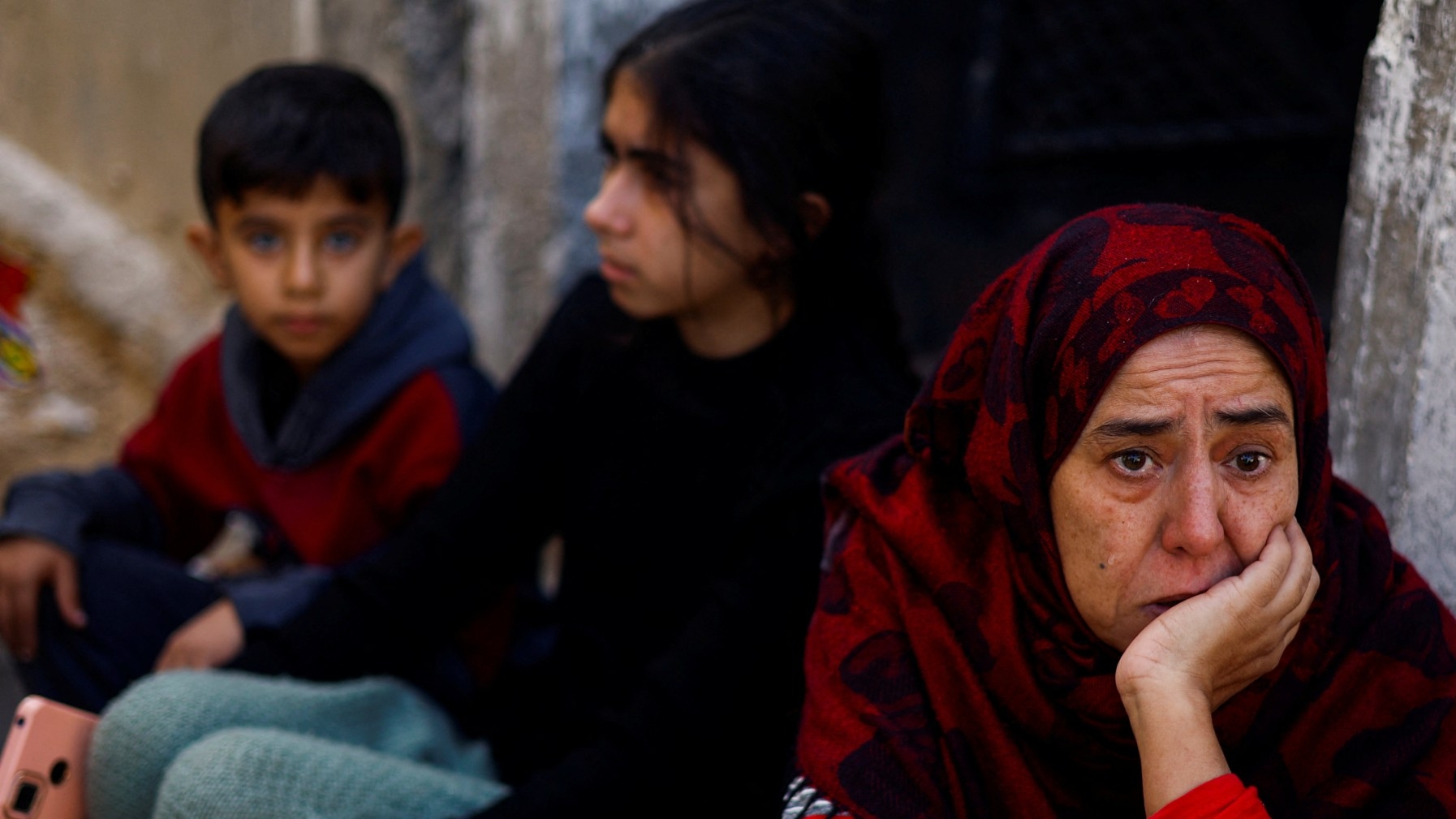
My hometown of Khan Younis, initially declared as a safe zone, is now being subjected to a genocidal campaign, facing daily bombs that rain from the air and sea, and ground troops carrying out atrocities on the civilians of the town and the refugee camp.
Amid this relentless horror, my dear friend Abeer Barakat, a lecturer in English at the University College of Applied Sciences in Gaza, posted a message on social media.
Responding to a neighbour’s request for painkillers, Abeer said: "In Gaza, there is no such thing called a painkiller. In Gaza we only have killers, and we only have pain."
Essential medications, including painkillers, have transformed into a luxury in Gaza.
Those grappling with chronic conditions such as cancer and liver issues, along with those in dire need of dialysis, find themselves abandoned without access to necessary care or even a sliver of hospital space.
New MEE newsletter: Jerusalem Dispatch
Sign up to get the latest insights and analysis on Israel-Palestine, alongside Turkey Unpacked and other MEE newsletters
The number of wounded, as reported by the Gaza Ministry of Health, has surged to over 50,000. Denied proper treatment, they face death on hospital floors or corridors due to the severe shortage of medications, space and care.
Since the onset of the Israeli war on Gaza, a mere 400 people, less than one percent of the total wounded, have been permitted to leave Gaza for treatment.
Living hell
My brother, a physician at Nasser Hospital in Khan Younis, paints a horrifying picture of numerous amputations carried out on children and adults due to infections, describing the hospital as a living hell.
They receive hundreds of wounded every day, overwhelming the already limited and stretched capacity to provide adequate care. The hospital has been transformed into a sort of concentration camp, with the wounded and sick succumbing to the lack of care and doctors grappling with powerlessness.
Follow Middle East Eye's live coverage for all the latest on the Israel-Palestine war
In Gaza, pregnant women give birth in homes, shelters and even on the streets, deprived of proper care.
Take Rawan, the granddaughter of my brother-in-law who, fearing for her safety, left the Beach refugee camp and sought refuge in her grandfather's home in Khan Younis, accompanied by her family and her 78-year-old aunt, Majdiya.
In the limited space of a three-bedroom house already accommodating over 30 displaced people, Rawan's grandfather offered the garage as a makeshift shelter.
Last week, under intense bombardment, Rawan went into labour after midnight. Trapped by the impossibility of reaching Nasser hospital, a mere five-minute drive away, or calling for an ambulance, another luxury now in Gaza, her cries blended in with the exploding bombs.
The family women, including her aunt Majdiya, who had decided to sleep in the house due to a severe headache and the unavailability of painkillers, couldn't reach the garage to offer help.
This left only her husband standing, helpless and in tears, alongside her father and three children who shared the garage.
In darkness and under bombardment, Rawan's father, Hassan, a dog and horse trainer and breeder, drew upon his experience delivering dogs to assist. He received directions from Majdiya, through shouted verbal communication, as she could not physically reach them.
As dawn broke, the neighbourhood learned of Rawan's new baby girl, the news spreading through shouted conversations.
They came to offer congratulations, finding Rawan fragile and shy, expressing gratitude that she had delivered the baby in darkness to spare herself the embarrassment of facing her father.
As I write this, Rawan remains traumatised, ill and hungry, with food scarce, and Majdiya, her aunt, caring for the baby.
Our stories must survive
Majdiya hails from al-Swafeer, a village ravaged during the Nakba in 1948.
Holding the newborn on her lap, Majdiya recounts how, at the age of three, she and her family, including her eldest brother, Abu Issam, almost 13, and youngest brother, Abu Walid, one, were compelled to leave al-Swafeer.
As Gaza's people face death daily, her old tale from 1948, now shared with children and adults, seeks to ensure that the story and history survive, even if she does not
They embarked on a journey in search of safety, initially finding refuge in Hamama village. Facing further attacks, they continued to al-Sdud, al-Majdal, Beit Hanoun and Jabalia, before ultimately settling in Beach camp.
In this catastrophic reality, facing starvation, meagre food rations, limited drinking water and the spread of disease, Majdiya's response is to narrate.
As Gaza's people face death daily, her old tale from 1948, now shared with children and adults, seeks to ensure that the story and history survive, even if she does not.
Majdiya's determination to keep the Palestinian story alive was also to be found in Rifaat al-Araeer, a colleague, a professor of English literature, writer and poet.
Rifaat was killed alongside his wife, children and family while seeking refuge in his sister's home in Jabalia camp on 7 December.
His final poem read:
If I must die,
you must live
to tell my story
to sell my things
to buy a piece of cloth
and some strings
(make it a white kite with a long tail),
so that a child, somewhere in Gaza,
while looking heaven in the eye
awaiting his dad, who left in a blaze -
and bid no one farewell
not even to his flesh
not even to himself -
sees the kite, my kite you made, flying up above
and thinks for a moment an angel is there
bringing back love.
If I must die
let it bring hope,
let it be a story.
As we witness the unfolding tragedy, each death becomes a call for the living to become storytellers, to bear witness to a pain that transcends generations.
If we must die, let it bring hope, and let our tales be a testament to resilience in the face of relentless oppression.
The views expressed in this article belong to the author and do not necessarily reflect the editorial policy of Middle East Eye.
Middle East Eye delivers independent and unrivalled coverage and analysis of the Middle East, North Africa and beyond. To learn more about republishing this content and the associated fees, please fill out this form. More about MEE can be found here.


